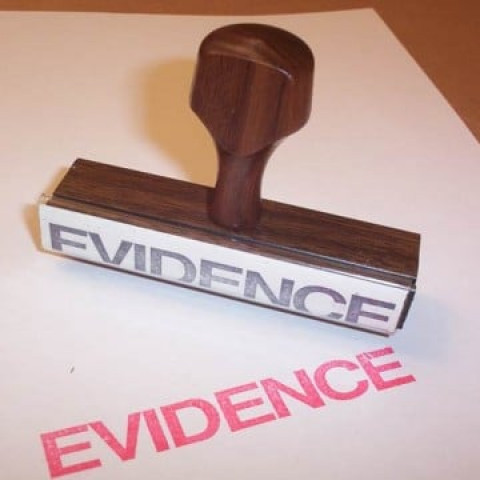Not a single day passes without news items blackening the pages and our media screens about violent deaths and assaults on women and children.. Editorials cover issues from domestic violence to karo-kari and jirga induced lawlessness. Only recently an 18-year-old girl, who worked as a domestic worker, was raped and murdered in Lahore.
Pakistan's youth (between the ages of 14-24) is the largest bulk of the population. An Aahing report(2007) also shows that girls between 12 to 20 years are at the highest risk of being subjected to sexual crimes of rape. Boys are more susceptible to sexual assault at a younger age that is between 6 to 15 years of age. Therefore it is essential that correct and timely evidence be collected.
The only way forward is to create mechanisms whereby there is strengthening of evidence. The adhoc stop-gap orders by judicial powers have not improved the grim and ugly picture of injustices like rape, sodomy, domestic violence and karo-kari murders. There is an urgent need to improve institutional mechanisms and implement policy decisions and recommendations. This is true both in Punjab and Sindh.
I will focus first on strengthening medico-legal evidence in Sindh as the number of rapes, especially gang-rape and jirga ordered marriages of under aged girls is on the rise here.
A research report on the medico-legal sector in Karachi published by Aahung with the help of WAR and HRCP, in 2007 studied the city's medico-legal sector. They needed to evaluate and find solutions to help survivors of rape and sexual assault.
Help needed
Karachi has nine medico-legal centers in public sector hospitals. Most cases of violence are referred to larger hospitals like Civil Hospital, Jinnah Hospital, Abbasi Shaheed Hospital as there are almost no facilities in minor hospitals. There are only 8 female medico-legal officers. These women face multiple problem including transport especially at night, security, political pressure, threats by involved parties, low wages, lack of career structure and lack of conducive environment including office space for a decent examination. There are almost no facilities as most cases are examined in open casualty exam areas. There is no separate facility for examination and recording of such cases. There is no equipment or kits as required by the WHO guidelines for recording and storing evidence.
An MOU was signed by the government in 2005 to facilitate the examination of both survivor and perpetrator, collection and storage of evidence, speedy transfer of such evidence material to the chemical and forensic labs but this seems to be in a file gathering dust.
As there is lack of awareness in the general population, doctors and police personnel on what to do in the event of such an incidence, most evidence such as survivors’ clothes, pieces of assaulters clothes etc are lost. It has been seen that the time between the incident and reporting is usually more than a week. In about 85% of cases the victim has bathed and changed their clothes at the time of evidence collection by the medico-legal officer. Informed consent is either taken in haste and often there are no standard forms available. The collected evidence is usually set to predetermined laboratory of the Chemical Examiner. The DNA testing is done in a few places only.
When the medico-legal officers were asked about improvement of exam they wanted dedicated space for exam, proper equipment, privacy, a conducive environment, more security. It was found that there is almost no specific training for handling cases of sexual assault. There is only adhoc monitoring of and inspection of the medico-legal areas by the police surgeon. The behavior and attitudes of the MLOs also reflected their lack of awareness in professional conduct of such an exam. For example the recording of “virginity” judiciously in all cases of sexual assault is irrelevant. If the survivor is married or is not a virgin, recording such a statement as “habitual” is totally unprofessional.
In the case of children, as many are, collection of physical evidence like semen, lacerations, bruises, other injuries and skin and hair under nails and on clothes of the survivor are very important. A rape kit which costs around Rs200 should be made available at all examination centers. It should be ensured that the evidence collected reaches the chemical examiners office the same day. Timely and professionally collected evidence will ensure that the whole case is built on solid foundations and justice is provided.
Currently, the conviction rate in these crimes is dismally low because of lack of collection and production of evidence. Improving facilities, providing a rape-exam kit and training and career-incentivizing medico-legal officers will go a long way. The government of Sindh should take this initiative seriously.
Strengthening medico-legal evidence
Karachi has nine medico-legal centers in public sector hospitals with only 8 female medico-legal officers. For cases of rape there is no separate facility for examination and recording of such cases. There is no equipment or kits as required by the WHO guidelines for recording and storing evidence and a serious lack of awareness.



COMMENTS
Comments are moderated and generally will be posted if they are on-topic and not abusive.
For more information, please see our Comments FAQ